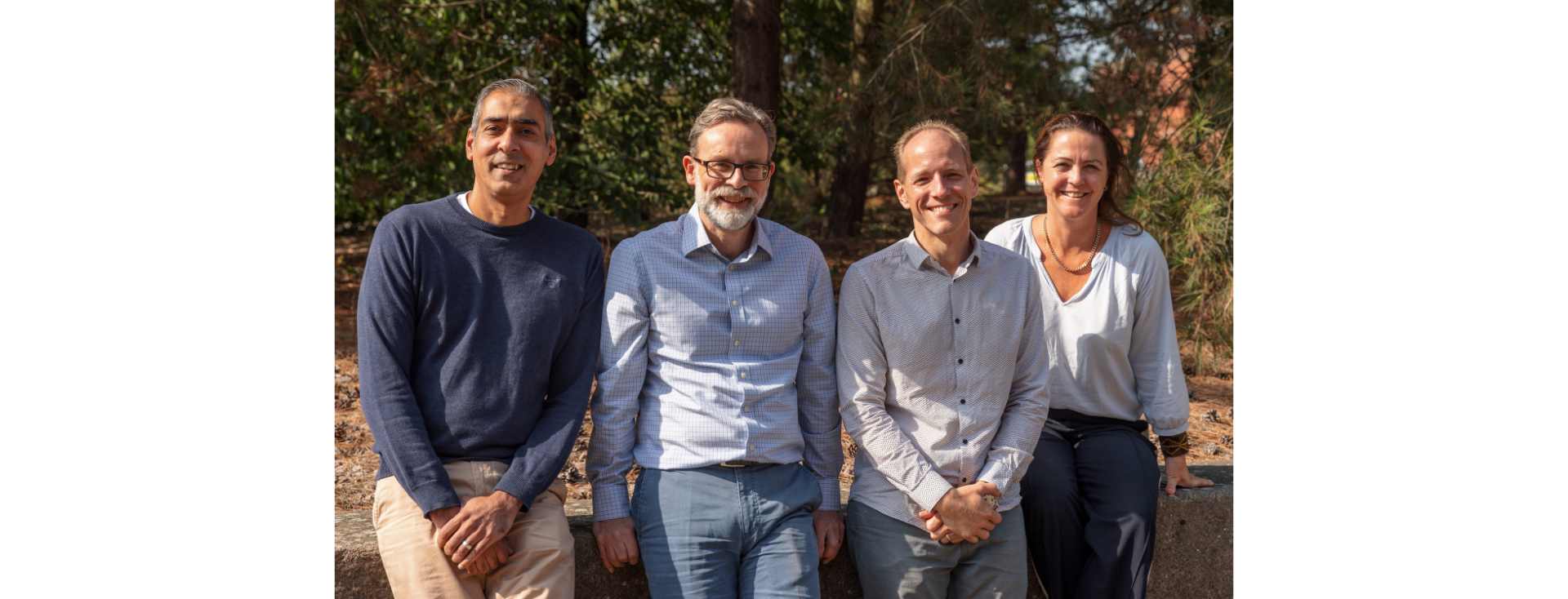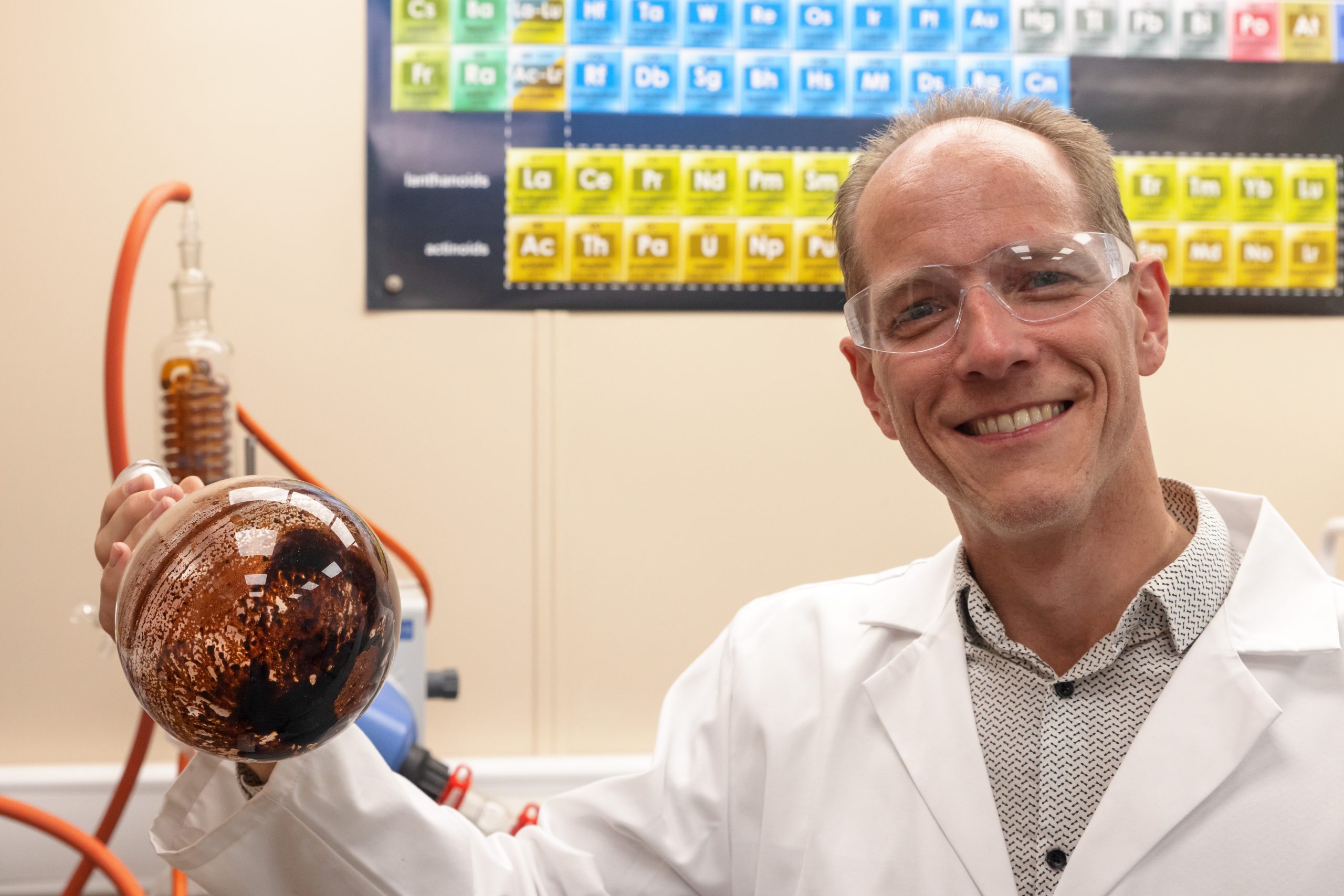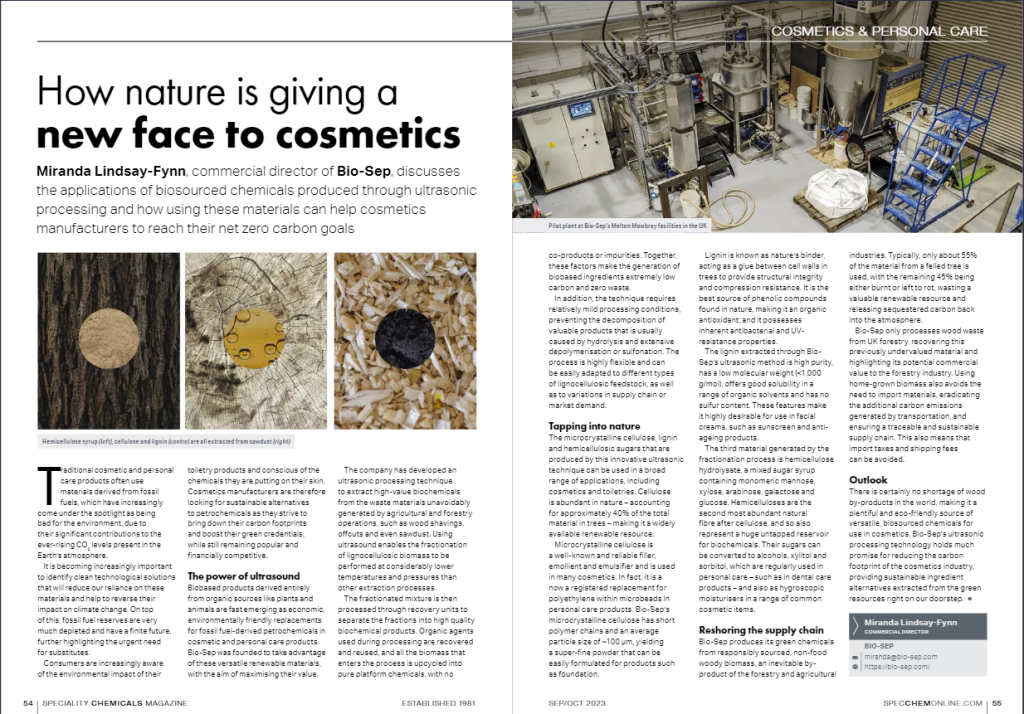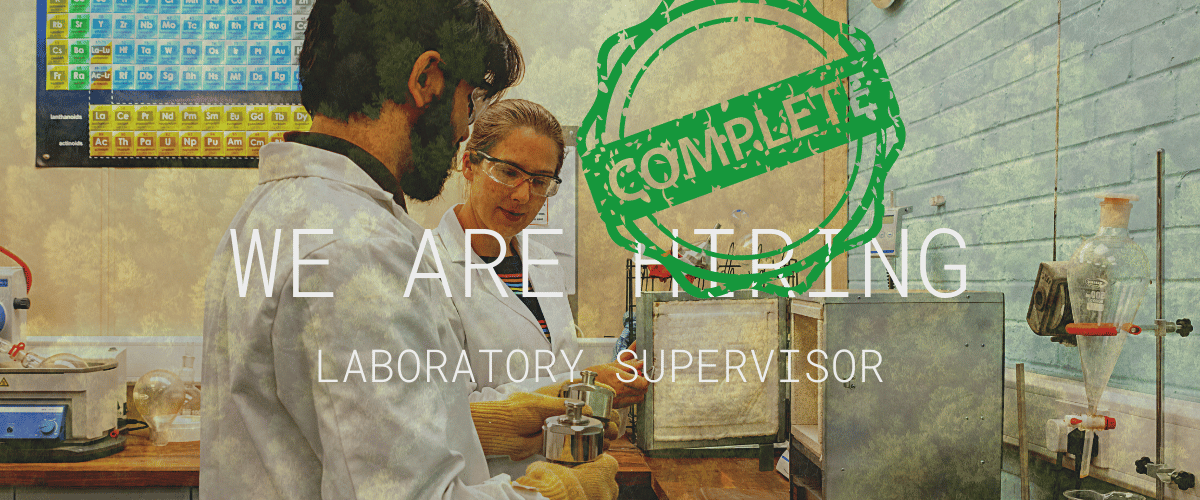Sonichem is leading a £600K Innovate UK-funded consortium to revolutionise the automotive industry with sustainable, bio-based materials.
It’s no secret that the transport sector is under significant pressure to decarbonise. This means that sustainable fuel substitutes and anti-pollution directives are understandably high up on the agenda for many vehicle manufacturers, and advances in these areas frequently appear at the top of our newsfeeds. However, it’s less well known that leaders in the industry are also actively seeking alternative methods of plastic and foam production that will enable them to meet the increasing demand for new vehicles while achieving net-zero environmental targets. Plastics have been used for an ever-increasing number of vehicle components over the last few decades – from dashboards, bodywork and seating to battery packs, fixings and thermal management systems in the latest electric vehicles – and typically account for 50 per cent of total car volume today. Unfortunately, the global transport sector generates over 350 million tonnes of plastic waste every year, since the majority of this plastic content is not recovered from end-of-life vehicles (1) and instead enters landfill or is incinerated, representing a significant environmental threat.
Decarbonising Transport: The Urgent Shift to Sustainable Automotive Materials
One emerging solution to this problem is biorefining, which offers a method of processing low-carbon feedstocks – such as lignin – into intermediate chemicals that can be made into renewable plastics for vehicles, replacing fossil-derived chemicals and helping to lower the carbon emissions of automotive production. Lignin is the world’s second-most abundant natural biopolymer (2) and presents a plentiful alternative to the finite, conventional petrochemical-based feedstocks currently used to produce plastics, resins and composites for the automotive industry.
However, traditional biorefining technologies are not achieving their full potential, as they are inefficient, and produce degraded and chemically altered lignin, discouraging uptake for performance applications. Most of these methods also use energy-intensive processes, generating greenhouse gas emissions and, ironically, making them environmentally unsustainable. Commercial-scale biopolymer manufacturers produce low-grade lignin of high molecular weight, which limits their suitability for industrial applications (3) and the small number of UK-based suppliers for these carbon-efficient feedstocks is forcing manufacturers to import raw materials from abroad at higher price points.
Ultrasonic Biorefining: Unleashing High-Quality, Low Molecular Weight Lignin for Advanced Resin Applications
The challenges facing biorefining in the UK are what prompted us to develop a novel ultrasonic processing technology, Sonichem. Our unique patented technique uses ultrasound to fractionate woody biomass into hemicellulose sugars, microcrystalline cellulose and lignin, which can then be used as low-carbon feedstocks for platform chemicals used in a range of applications including pharmaceuticals, food and drink, cosmetics and, of course, vehicles. Our award-winning process efficiently extracts high-quality, low molecular weight lignin from UK-sourced Sitka spruce biomass, sawdust that is generated as a by-product of forestry operations, and denotes a major advance in biorefining. Our lignin is also highly soluble in organic solvents, sulfur free, highly reactive and resistant to antioxidants and UV, making it extremely versatile.
Sonichem’s CARMA Project: Leading the Charge in Net-Zero Automotive Materials
This game-changing technology is laying the groundwork for the shift away from current energy- and resource-intensive bioprocessing and chemical manufacturing approaches. In recognition of this, we have recently embarked on our groundbreaking CARMA – carbon-neutral agroforestry-derived resins to materials for automotive applications – project, in collaboration with an international consortium of industry leaders. Our consortium has been awarded almost £600,000 in funding through Innovate UK’s ‘Resource efficiency for materials and manufacturing’ (REforMM) collaborative research and development competition. The grant will cover over 70 per cent of the total estimated costs for this project, with the remaining amount being funded by several members of the consortium. Having substantial financial support will allow our multidisciplinary group of stakeholders to develop and commercialise bio-based feedstocks for the transport industry, with the aim of establishing a one-of-a-kind, resilient lignin supply chain within the UK that will support net-zero vehicle manufacturing.
CARMA will be undertaken jointly with the Centre for Process Innovation (CPI), Scott Bader, the National Composites Centre (NCC), Polestar and SHD Composites, with each party bringing their own extensive expertise and technical knowledge to the table. CPI will support the optimisation and commercial scale-up of our existing Sonichem pilot plant, enabling us to establish a financially viable and consistent supply of lignin for the resin and composite manufacturing sector. Scott Bader will explore the use of this lignin feedstock in existing technology platforms, and will work with NCC, Polestar and SHD Composites to develop and test cost-effective and high-performance bio-derived resin formulations for automotive applications.
From Biomass to Bio-Based Resins: Sonichem’s Role in Reshaping the Automotive Sector
The CARMA project commenced in October 2023, to apply our proprietary Sonichem technology to automotive manufacturing as a first use case. We’re hopeful that this collaborative project will raise awareness of our promising technology, and create a route to the automotive materials market for our lignin and highlight its potential to decarbonise many industries. The partnership with several prestigious companies may also encourage cooperation with additional commercial players across multiple industries in the future, and will likely stimulate significant investment in the UK bioeconomy. We’re very much looking forward to what the next few years will bring for our trailblazing biorefining technique, so watch this space to keep up to date with our journey, every step of the way.
References
1 Oakdene Hollins. 2021. Driving change: a circular economy for automotive plastic.
2 Boerjan W, Ralph J, and Baucher M. 2003. Lignin Biosynthesis. Annual Review of Plant Biology, 54(1): 519–546. https://doi.org/10.1146/annurev.arplant.54.031902.134938
3 Mariana M, et al. 2021. A current advancement on the role of lignin as sustainable reinforcement material in biopolymeric blends. Journal of Materials Research and Technology, 15:2287–2316. https://doi.org/10.1016/j.jmrt.2021.08.139











